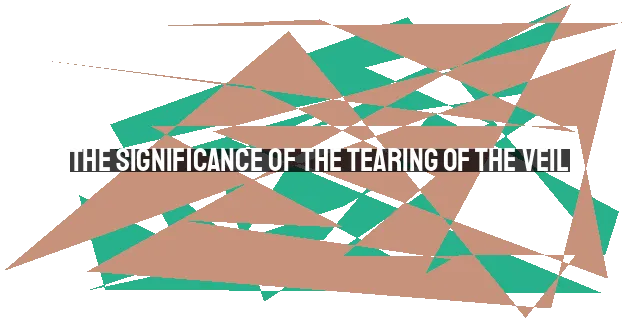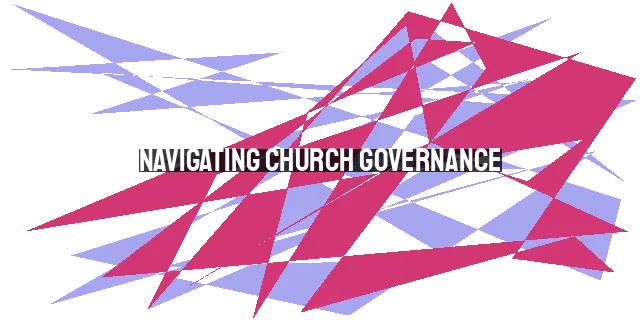Charlottesville, Confederate Memorials, and Southern Culture: A Biblical Perspective on Unity and Re
Charlottesville, Confederate Memorials, and Southern Culture
As we reflect upon the events that unfolded in Charlottesville, Virginia in August 2017, it is essential to consider the impact of Confederate memorials and their connection to Southern culture. In this article, we will explore the biblical perspective on these issues and seek to understand their relevance in the year 2023 and beyond.
The Path of Transformation
When faced with challenging questions, we often turn to the Bible for guidance. While it does provide direct answers in some cases, its primary purpose is to lead us on a path of transformation. The Bible points us to Jesus Christ, who came into the world to save sinners and reconcile humanity with God.
One central aspect of the Christian faith is the recognition of the inherent dignity and worth of every human being. This belief is rooted in the biblical teaching that all people are created in the image of God (Genesis 1:27). Therefore, any form of discrimination or hatred based on race, ethnicity, or any other characteristic is incompatible with the teachings of Jesus Christ.
When we examine the events in Charlottesville, it becomes evident that the clash between different groups was fueled by racial tensions and a distorted view of Southern culture. As followers of Christ, we are called to reject such divisions and seek unity and reconciliation.
The Power of Words
One area where the Bible provides clear guidance is in our use of language. Ephesians 4:29 admonishes us to use words that build up and give grace to those who hear them. In the aftermath of Charlottesville, it is crucial to reflect on the impact of our words and ensure that they promote understanding, empathy, and reconciliation.
As we engage in conversations about Confederate memorials and Southern culture, it is vital to approach these topics with humility and a willingness to listen to different perspectives. Recognizing the pain and historical significance associated with these monuments is an essential step towards healing and reconciliation.
The Role of Confederate Memorials
Confederate memorials have become a contentious issue in recent years, with debates over their removal or preservation. While some argue that these monuments represent Southern heritage and history, others view them as symbols of racism and oppression.
From a biblical perspective, it is essential to prioritize the well-being and unity of the community over personal preferences or historical attachments. The Apostle Paul encourages believers to consider the interests of others above their own (Philippians 2:4). Therefore, if Confederate memorials cause pain or perpetuate division, it may be necessary to reevaluate their significance and explore alternative ways to honor history without causing harm.
Reconciliation and Unity
Ultimately, the goal should be reconciliation and unity. The Bible teaches us that in Christ, there is no distinction between races or ethnicities (Galatians 3:28). As followers of Jesus, we are called to actively pursue reconciliation and work towards dismantling the barriers that divide us.
While it is important to acknowledge and learn from the mistakes of the past, we must also look to the future with hope and a commitment to building a society that values diversity and embraces inclusivity. This requires intentional efforts to foster understanding, engage in dialogue, and promote justice for all.
Conclusion
Charlottesville, Confederate memorials, and Southern culture continue to be topics of discussion and reflection in the year 2023 and beyond. As Christians, it is our responsibility to approach these issues with the love, grace, and humility modeled by Jesus Christ. By seeking unity, promoting reconciliation, and engaging in meaningful dialogue, we can contribute to the healing and transformation of our communities.



POST COMMENT
For post a new comment. You need to login first. Login
COMMENTS(0)
No Comment yet. Be the first :)